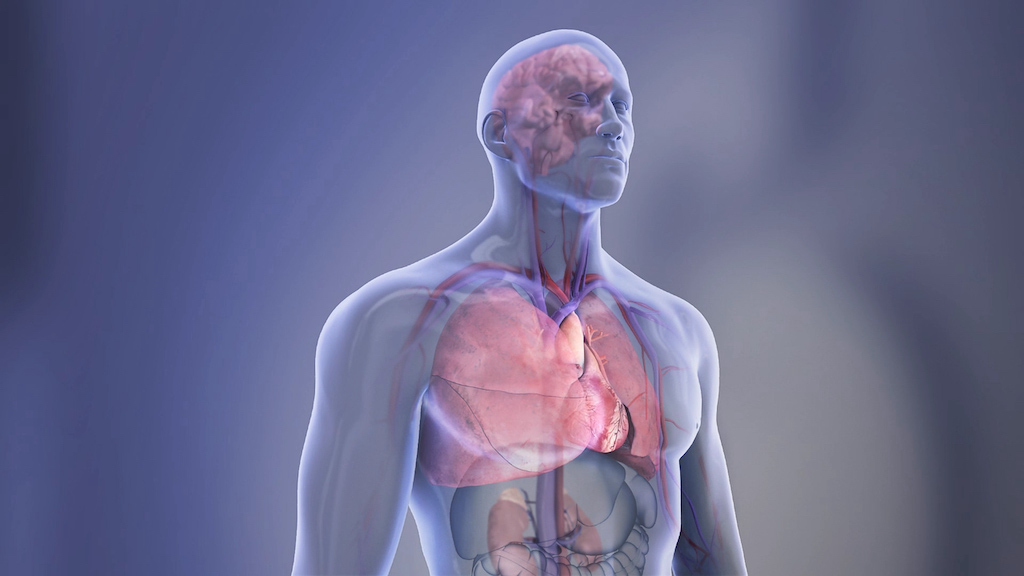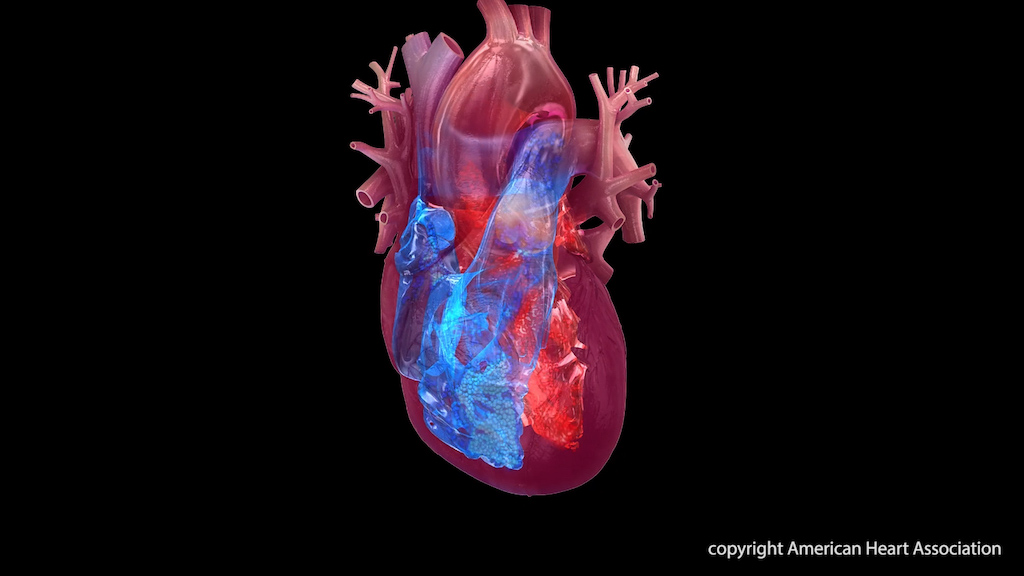 Photo Credit: American Heart Association
Photo Credit: American Heart Association
As the Olympics move into the midpoint, several events have been impacted by positive COVID tests.
What is the risk to these athletes and how do they mitigate this risk?
• Vaccinated athletes should still practice safety protocols to prevent minor or asymptomatic infections that put participation at risk.
• Safe distance, wash hands, mask in crowded areas or around folks you are unsure of vaccination status.
- Research shows a low risk of long-term complications as well as short-term severity.
 Photo Credit: American Heart Association
Photo Credit: American Heart Association
The safest choice is to avoid infection to avoid further spread.
- Risk of each infection is the opportunity to mutate and create a more virulent or dangerous variant.
- Big reason for not having an audience is safer for all involved.
More research on the cardiovascular health of athletes is underway with efforts from the American Heart Association and the American Medical Society for Sports Medicine (AMSSM). The organizations joined forces earlier this year to accelerate a critical new research initiative studying cardiac conditions in athletes, in part to speed new insights into the impact of COVID-19 on the cardiovascular system of college athletes and safety of return to play after diagnosis. The collaborative data registry will aid research on COVID-19, and, long-term, develop a deep knowledge base on cardiac disease in athletes beyond the pandemic. The registry has been developed with participation from the NCAA and has more than 60 schools currently contributing to the Outcomes Registry for Cardiac Conditions in Athletes (ORCCA).
ORCCA is a national registry, or research database, to track COVID-19 cases and heart-related impacts in NCAA athletes to drive improvements in screening and inform our understanding of cardiac involvement in college athletes who have had COVID-19.
“The very timely and largely reassuring data coming from the ORCCA registry were made possible by an amazing collaborative effort between the sports medicine and sports cardiology communities,” said Aaron L. Baggish, M.D., co-principal investigator, and director of the Cardiovascular Performance Program at Massachusetts General Hospital in Boston. “It is anticipated that ORCCA will continue to shape the way we protect the health of young competitive athletes well beyond the end of the COVID-19 pandemic.”























